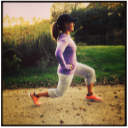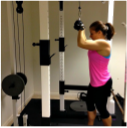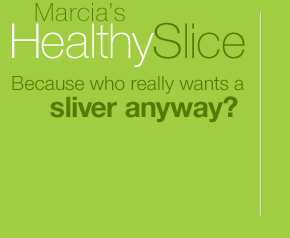When I heard about this book last year, I bolted out to get it as I enjoyed Matt Fitzgerald’s book Brain Training For Runners as well as his magazine articles and respect what he has to say. Lets put it this way: If I were assembling a calendar of running luminaries, it would probably be a tossup between Matt Fitzgerald and Greg McMillan for the cover. There are tidbits I’ve kept in mind from Fitzgerald’s Brain training book that I continue to use regularly and I was hoping for more of the same with Racing Weight.
When I saw the title: Racing Weight
I thought Great! I’d love to know how much I ‘should’ weigh to run my best and how to get there.
This post contains affiliate links.
The book is broken into three parts.
1. Finding Your Racing Weight
He gets right down to it with tables where you can determine how fat lean your are and how much you should weigh to run your best.
It took a little bit of staring at the tables trying to absorb what he was saying about body fat, percentiles and where I ranked compared to other runners to grasp the concept. The fact that the kids were in the midst of a lively game of living room volleyball may or may not have played a role in that.
Let’s just say right now. What I perceive as my racing weight is 10+ lbs above where Matt says it should be. Then again, one could argue I am not as ‘serious’ a runner as some. If you are in a similar boat, don’t let this deter you from reading on.
BTW: Some of you asked how I determined my race weight: It’s simply the weight I was at the races where I qualified for Boston. I suppose there’s a very strong possibility that if I were lighter I’d have been faster, but if it’s good enough for Boston it’s good enough for me!
2. Getting to Your Racing Weight
Fitzgerald breaks this down into five steps:
Diet Quality
Balancing Energy Sources
Nutrition Timing
Managing Appetite
Training
Lots of this stuff, unless you are truly a beginner and new to weightloss, I suspect you already know.
What I found most helpful in this section was the part on diet quality, especially the diet quality scoring system he talks about on page 99. It made me conscious of food quality as I went through the day and made it clear what I needed to eat more and less of.
3. The Racing Weight Menu
Here he gives you recipes, talks about supplementation and, what I most enjoyed, shares pages from food journals of elite athletes (I guess I need to re-evaluate if Ryan Hall is running 100+ mile weeks and barely eating more than I do…oops!)
Overall this was a good read. As I said I’m rereading it now and being more strict with my diet than I have in a long time. At this point, it’s doubtful (but not out of the question) I’ll ever reach Matt Fitzgerald’s idea of ‘racing weight’ but any movement in that direction is a good thing.
Buy Racing Weight here.
Get the Racing Weight Cookbook here.



